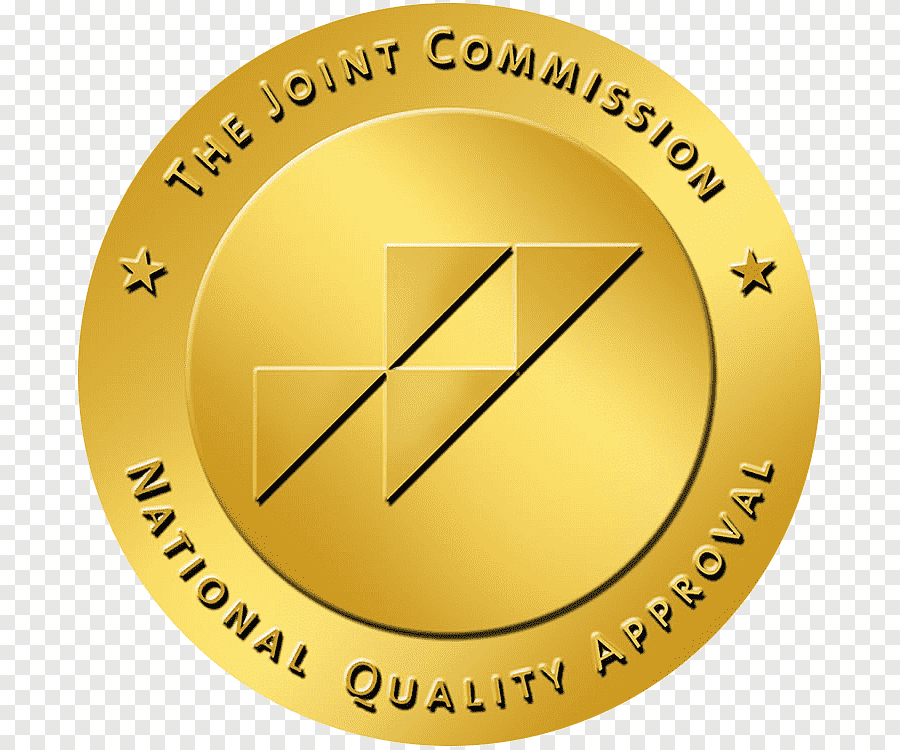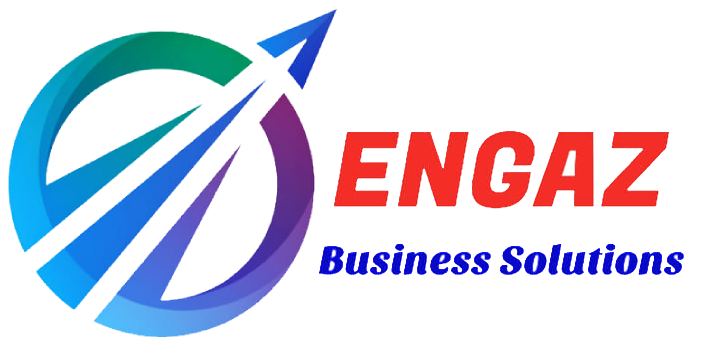
Licensing for healthcare projects involves obtaining the necessary permits, certifications, and approvals from regulatory authorities to operate healthcare facilities, deliver services, or manufacture medical products. Here are some key considerations regarding licensing for various types of healthcare projects:
- Healthcare Facilities Licensing:
- Hospitals, clinics, nursing homes, and other healthcare facilities typically require licenses from government health authorities to operate legally.
- The licensing process may involve submitting an application, providing documentation of compliance with regulatory standards, and undergoing inspections to ensure adherence to safety, quality, and operational requirements.
- Licensing requirements vary by jurisdiction and may include criteria such as staffing ratios, facility design and construction standards, infection control protocols, emergency preparedness plans, and quality assurance measures.
- Medical Practice Licensing:
- Healthcare professionals, including physicians, nurses, therapists, and allied health professionals, must obtain licenses or registrations from professional regulatory bodies to practice medicine or provide healthcare services.
- Licensing requirements typically include completion of education and training programs, passing licensure exams, and meeting continuing education requirements to maintain licensure.
- Healthcare professionals must adhere to professional standards of practice, ethics, and conduct established by their regulatory bodies to ensure patient safety and quality of care.
- Healthcare Service Licensing:
- Certain healthcare services, such as diagnostic imaging, laboratory testing, pharmacy services, and ambulatory surgery, may require separate licenses or certifications from regulatory authorities.
- The licensing process may involve demonstrating compliance with standards for equipment, facilities, personnel qualifications, quality assurance, and safety protocols specific to each service area.
- Regulatory authorities may conduct inspections, audits, or proficiency testing to evaluate compliance with licensing requirements and ensure service quality and patient safety.
- Medical Product Licensing:
- Medical devices, pharmaceuticals, biologics, and other healthcare products must obtain regulatory approval or clearance from government agencies before they can be marketed and sold.
- The licensing process varies depending on the type of product and regulatory jurisdiction but typically involves submitting applications, providing evidence of safety, efficacy, and quality through clinical trials or testing, and complying with labeling, manufacturing, and distribution requirements.
- Regulatory agencies, such as the U.S. Food and Drug Administration (FDA) or the European Medicines Agency (EMA), review applications, assess product data, and issue licenses, approvals, or clearances based on their evaluation of regulatory requirements.
- Continuing Compliance and Renewal:
- Healthcare projects must maintain ongoing compliance with licensing requirements, including staffing, training, facility maintenance, infection control, quality assurance, and recordkeeping.
- Licenses are typically subject to periodic renewal, requiring healthcare projects to demonstrate continued compliance with regulatory standards and pay renewal fees to maintain licensure.
- Regulatory authorities may conduct periodic inspections, audits, or investigations to monitor compliance and address any deficiencies or violations identified during the licensing period.
- Consultation with Regulatory Experts:
- Given the complexity and variability of healthcare licensing requirements, healthcare projects may benefit from consulting with regulatory experts, legal advisors, or consultants specializing in healthcare compliance to navigate the licensing process, ensure compliance, and mitigate regulatory risks.
Overall, obtaining and maintaining the necessary licenses and certifications is essential for healthcare projects to operate legally, ensure patient safety, and maintain the trust and confidence of regulators, healthcare professionals, and the public. Compliance with licensing requirements demonstrates a commitment to quality, safety, and accountability in healthcare delivery and contributes to the success and sustainability of healthcare projects.



